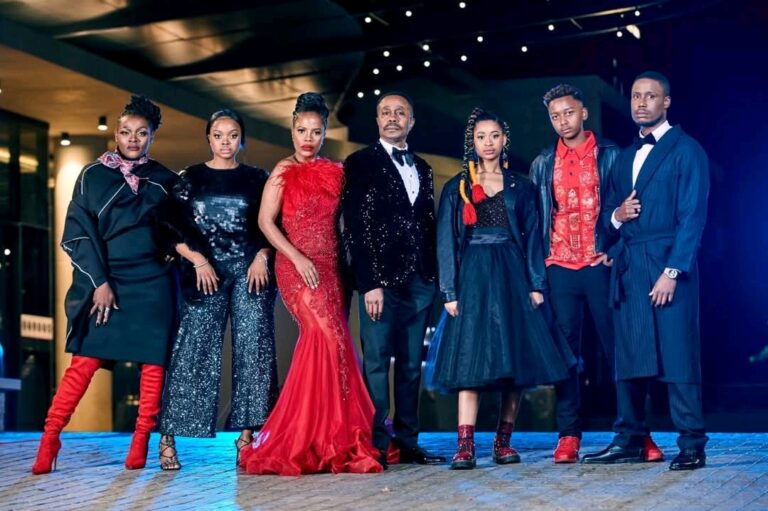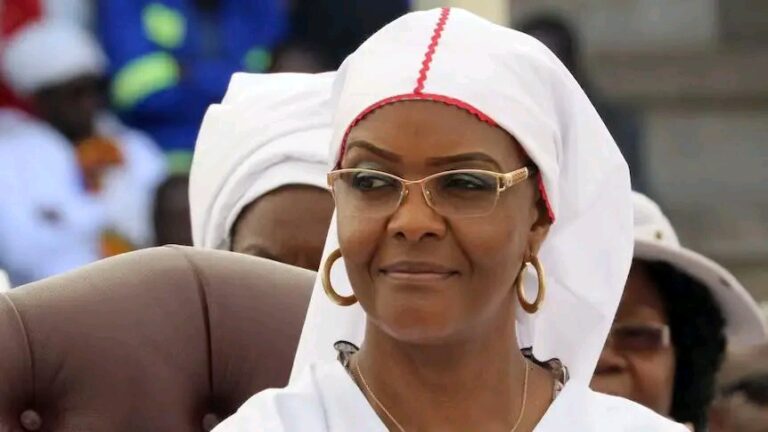
Eldorado Park is reeling from the brutal death of four-year-old Nakita, a tragedy that has sparked outrage and heartbreak across South Africa. What should have been a childhood filled with love and safety was instead cut short by violence and neglect.
Police have confirmed that Nakita, who was assaulted earlier this week, has died from her injuries. Her 32-year-old father — the man who was supposed to protect her — appeared in the Protea Magistrate’s Court today. He now faces charges of murder and rape, allegations that paint a devastating picture of betrayal and abuse.

Nakita’s life was marked by innocence, curiosity, and the promise of a bright future. At four years old, she should have been running through the yard, laughing with friends, and living without fear. Instead, her final days were overshadowed by unimaginable suffering at the hands of someone she should have been able to trust completely.
According to reports, Nakita’s mother had left her in the care of her father despite concerns about his behaviour. Witnesses and relatives have claimed there were already warning signs of sexual abuse and drug use, yet no immediate intervention took place. These red flags, now painfully clear, raise questions about whether the tragedy could have been prevented if action had been taken sooner.
The brutality of her death has been compounded by the revelation that the attack was recorded. For five harrowing minutes, someone filmed Nakita’s suffering instead of stepping in to save her. This act — or rather, the lack of action — has sparked public outrage, with many questioning how anyone could stand by during such cruelty.
In court, the accused appeared expressionless as the charges were read. The case has been postponed to allow further investigation, but the community’s demand for justice is growing louder by the day. Outside the courthouse, residents held placards and chanted Nakita’s name, vowing that her story will not be forgotten.
Child rights organisations have condemned the incident, calling it a tragic example of the failures in protecting vulnerable children. They are urging authorities to not only secure a conviction but to also address systemic gaps in child welfare and safety.
Nakita’s death is more than just another statistic in the fight against gender-based violence and child abuse — it is a reminder of the urgent need for vigilance, intervention, and accountability. She was only four, yet endured pain no human should ever experience.
As the legal process unfolds, one truth remains clear: Nakita was failed by those closest to her and by a system meant to safeguard her well-being. Her name has now become a rallying cry for change.
Justice for Nakita. Four years old. Loved, but let down. Taken too soon. 💔




